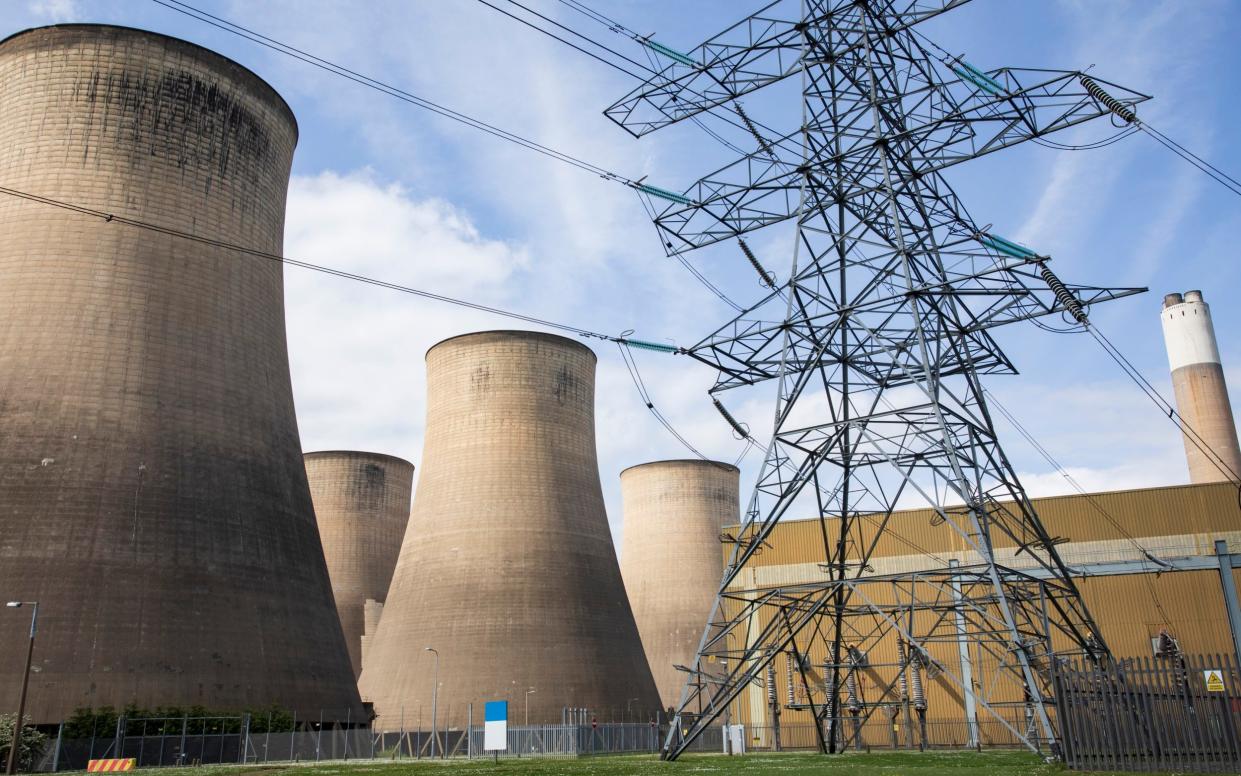Britain spends record £250m a month on electricity imports

Britain is importing record amounts of electricity from abroad at a cost of £250m a month following the closure of coal-fired and nuclear power stations, new analysis shows.
Some 20pc of the grid’s power needs were met through interconnectors with neighbouring countries during the second quarter of this year, according to energy company Drax.
The amount of power imported from abroad was double the volume generated by wind and solar farms, at about 12.2 terawatt hours. It was also about four times the amount of power exported.
Drax said the gross cost of importing power currently amounted to more than £250m per month – equivalent to about £3bn if sustained over a year.
The company said the rising use of interconnectors followed the closure of many of Britain’s ageing coal and nuclear power stations.
Coal generation is on track to end completely as part of efforts to reach net zero carbon emissions, while no new nuclear power plants have come online since Sizewell B in 1995.

The analysis for Drax was carried out by researchers at Imperial College London as part of the company’s quarterly electricity insights report.
Iain Staffell, an electricity systems expert at Imperial College London, said: “Much of Britain’s conventional power generators like coal and nuclear stations have retired in recent years.
“Fewer dispatchable generators means less competition and higher prices, making cheaper electricity from the Continent much more attractive to import.
“The Government must be mindful of the need to retain sufficient dispatchable generation capacity on our system for both energy security and affordability reasons as it works towards its ambition of having a clean power grid by 2030.
“Britain is always going to need weather-proof sources of power to keep the lights on.”
However, Mr Staffell added that interconnectors could also help to boost British energy security if domestic power generation was sufficiently maintained.
If Labour succeeds in reaching its targets to make the national power grid net zero by 2030, for example, he said there would be so much generation available that much of it would be available for export, bringing money into the UK.
He said: “Being able to either store this power at home through more storage capacity or selling it abroad is an attractive proposition.
“During periods of high winds in the North Sea but calmer weather on the Continent, exporting power could be potentially lucrative for the UK and help to lower bills for consumers here.”


